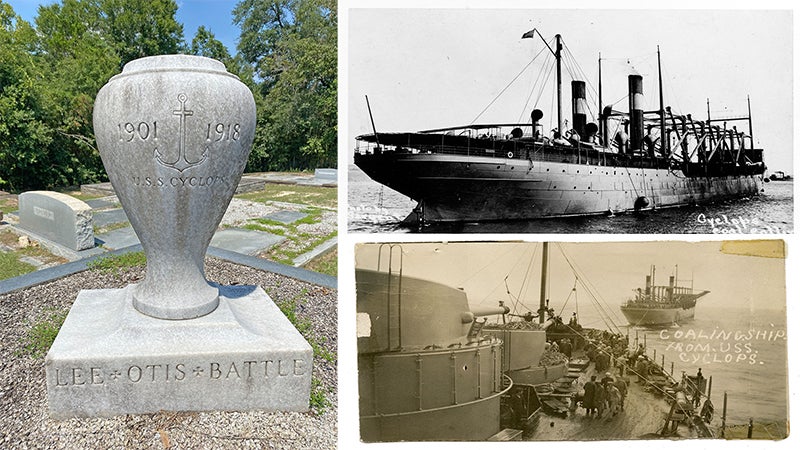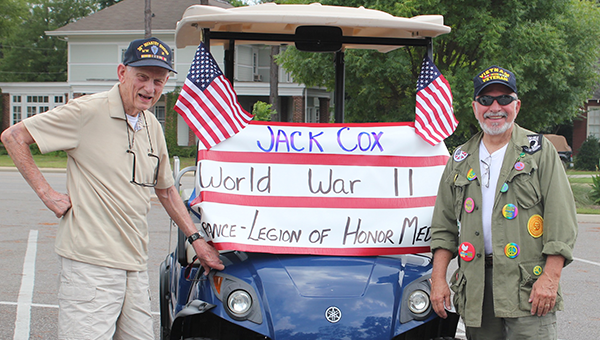Old issues give insight into mood after JFK
Published 1:00 am Saturday, November 23, 2013
Fifty years ago, when a horrified nation watched the murder of its president, The Star-News was a weekly publication printed on Thursdays.
It was with interest that I turned through the pages of the 1963 bound volume yesterday to see how this history was recorded in the following week.
“New Andy hospital given ‘go-go- signal,” was the top story of the day, along with “Andy churches to unite in Thanksgiving rites.”
Only one line above the fold, buried beneath the happy news that Red Level’s Marianne Hixon was among six Auburn University co-eds selected as ODK-Glomerata beauties, was the headline “Andalusia joins mourning for assassinated president.”
Ed Dannelly reported “A joint religious service was held on Monday morning at the First Presbyterian Church at the hour of the Kennedy funeral in Washington.”
Schools observed a holiday “on direction of Gov. George Wallace, a phase of the official mourning of the President’s death.”
Further, “At the Sunday morning worship service at First Methodist Church, a news bulletin of the shooting of Lee Harvey Oswald, the suspected assassin of President Kennedy, was read. Dr. Paul Mathison, the church pastor, said this was done because the Methodist worship hour was dominating the broadcast facilities at the moment the news broke.
A sidebar recounted that within 30 minutes of the news of President Kennedy’s death, American flags were flying at half mast in Andalusia.
Reading the old files provided interest insight into the South’s reaction to the assassination. Andalusia native Pete Donaldson, then a student at the University of Alabama, recalled this week that some students cheered.
In Andalusia, Dannelly editorialized that the “gunning down of a father of two adorable children … is an action that creates an aura of sadness in every home.”
He wrote that despite Southerners’ ‘very pointed opposition to President Kennedy” the differences “did not becloud respect for the high office Jack Kennedy held.”
“There was no hatred for the man,” he wrote. “There was a belligerent opposition to his policies and the methods he followed in invoking his beliefs.”
In Selma, the woman who would go on to be a renowned storyteller, Kathryn Tucker Windham, wrote “There is a restlessness in that grief, a searching and an asking. For this is no ordinary grief, it is a haunting sorrow touched with disbelief and with shame and touched perhaps also with guilt.”
It seems there is still a “haunting sorrow” when people discuss JFK’s too-short life and his untimely death.



